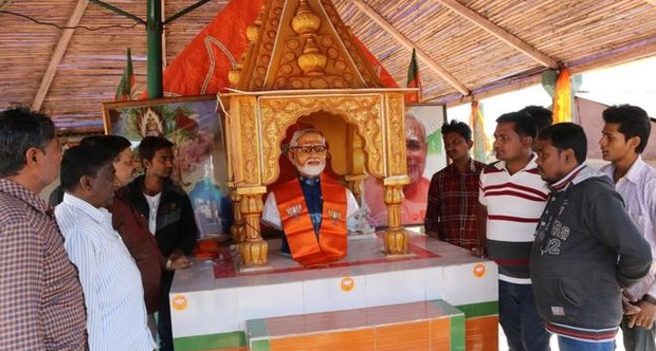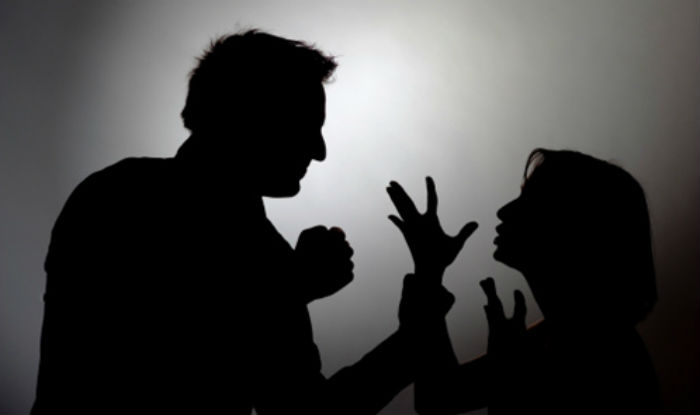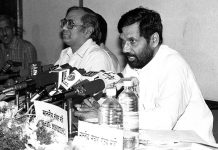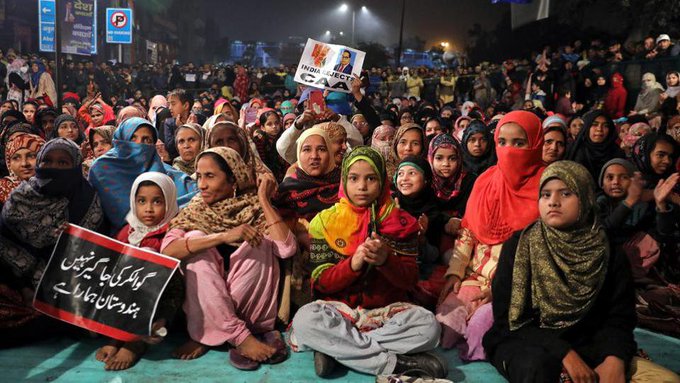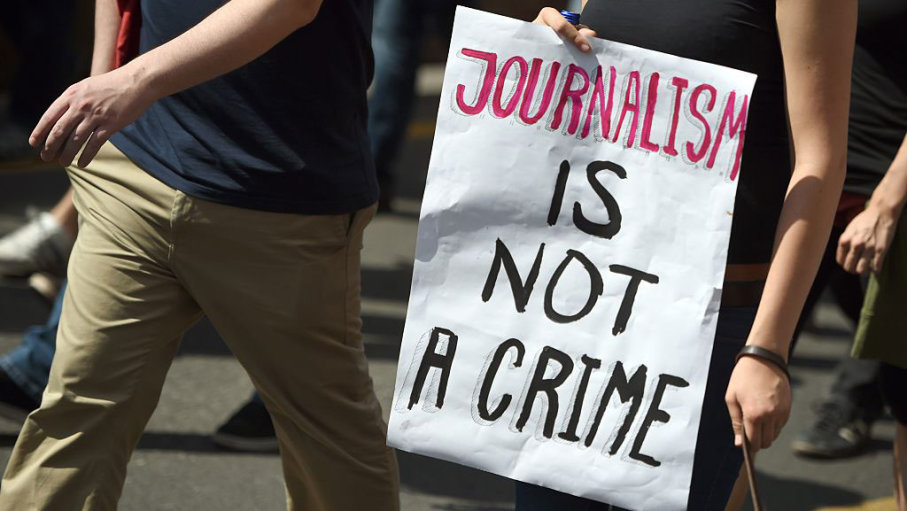What do people expect from leaders- the family name, the dynasty, a particular caste or gender?
To these simple yet complex directives, there is inherent meaning attached about how we perceive the world and things around us. After all, in life, everything boils down to perceptions of good/ bad, feminine/manly, charismatic/ unappealing. The point that I’m trying to highlight is about who and what is more important and why? In a democracy are ‘people’ important or these particular leaders without whom there is a so-called void? Charisma is important but it is not enough.
Most often we hear from the public saying, they want a strong leader. Now the question is – Strong in what sense? Where is this strength coming from? The very idea of a strong leader comes from the understanding of ‘deliverance’ the one who delivers no matter what and how. But isn’t this fundamentally going against the very principle of parliamentary and representative democracy, which is based on representatives – ness not on heroism? This constant urge for a strong leader is widely generated narrative through many processes through mass media, social, cultural and economic factors.
In a democracy like India having varied problems, how can a person deliver? Do we want a single leader or democratized collective leadership at every level? This categorical obsession or I would call, ‘fan-culture ‘of democracy is something which is making us miss the very intricacy of institutions, civil society, democratic process and dialogue.
Because we are no more patient in giving time to every individual to evolve, instead we want someone who urgently delivers. The social gestation of societies and its problems are hardly given time and discussed. The argument reduces to not about what is being delivered, its all about the instantaneity of it. Such hastiness is the breeding ground for conservative politics, majoritarianism, and fanatic nationalism.
Who are these individuals?
This is not something new in South Asia and especially in India. We have always had in Indian politics right from freedom struggle to till today. Today’s celebrity leaders are above institutions according to many, rather before it was building institutions and collective consciousness through this very charisma.
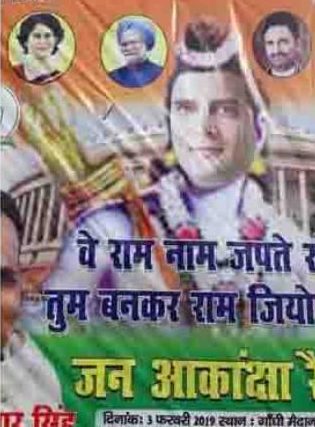
This natural over riding power of these leaders are being given to them by tacit consent by its citizenry. This celebrity culture has many facets to it to name a few in the other realms which is a dangerous chilling effect on politics and normalizes it with great disruptions. For instance weddings of celebrities, following trends on Instagram, twitter activism etc. These followers are mere consumers, representatives of ‘content’ developers. Such corporatization of democracy is the path towards authoritarianism which builds the base on anonymity undermining identity and transferring our power to these leaders. These followers forget their role as citizens engaging in a war of warmth and fighting in for whose leader is more god-like.
Bollywood Stars and their contribution
One such example is this- often we end up discussing film stars, their relationships, and weddings create an impact on people. These days with the pervasiveness of social media, which has become an inevitable part of lives throws many challenges at us with the bundle of opportunities. I am appalled by the way Indian society is completely taken by a storm with the institution of marriage in general and celebrity marriage culture in particular. The overwhelming amount of time, resource, reportage and of the entire dream’ to be there, haunts me as a social scientist. I am not expecting or demanding people to discuss poverty, unemployment or climate change every time. One can be an admirer of art; after all, I am one. But artists and art has value and meaning which needs respect. This is the same country where 31 intellectuals returned their awards. World’s renowned painter has denied a respectful last rite.
The respect shouldn’t flow from who are they with? Who are their husbands/wives/or parents? It’s the same Indians who comfortably disassociated with an actress called Deepika Padukone when the Padmavati controversy was going on, it is the same people who disowned many women/artists/ directors when their films were under threat. Abhijit Iyer being jailed didn’t even invoke any response at all. The conundrums of being admirers and being a mob to threaten their lives demean the very expression art. And that imminent threat of being conformist and not supposed to question the status quo even to the slightest amount is the norm to build a mass following. I
keep hearing celebrities saying that fans in India are so loving, affectionate and you won’t get that anywhere in the world, that’s true partly because half of the Indians see film stars and cricketers as gods, they deny themselves self-respect, they are being denied dignity of their work, they are harassed in public spaces.
We worship those who most often don’t even pay their taxes or fulfil a basic civic duty. They are loved, adored and seen as icons because we are so subservient, that we fail to understand that this is just like any other kind of work like teaching at a school, checking patients in a hospital, cultivating paddy in an agricultural enterprise, cooking, cleaning at home or to the numerous other livelihoods.
In the west, celebrities do have fans, but not those who build temples, who fight about movie collections at the box office, who would vote them to power just because they were good actors. This populist-consumerist attitude is clearly rejected because it’s not glamor but power, not popularity but a commitment to justice and fairness that drives modern democracies. We missed this point and are comfortably ignoring it now. How often celebrities spoke about gender discrimination? The irrelevant ‘content’ hungry media’s hollow propaganda is only making democracies more irrelevant and leading to popular, fancy notions of citizenship.
Trending fan culture in politics
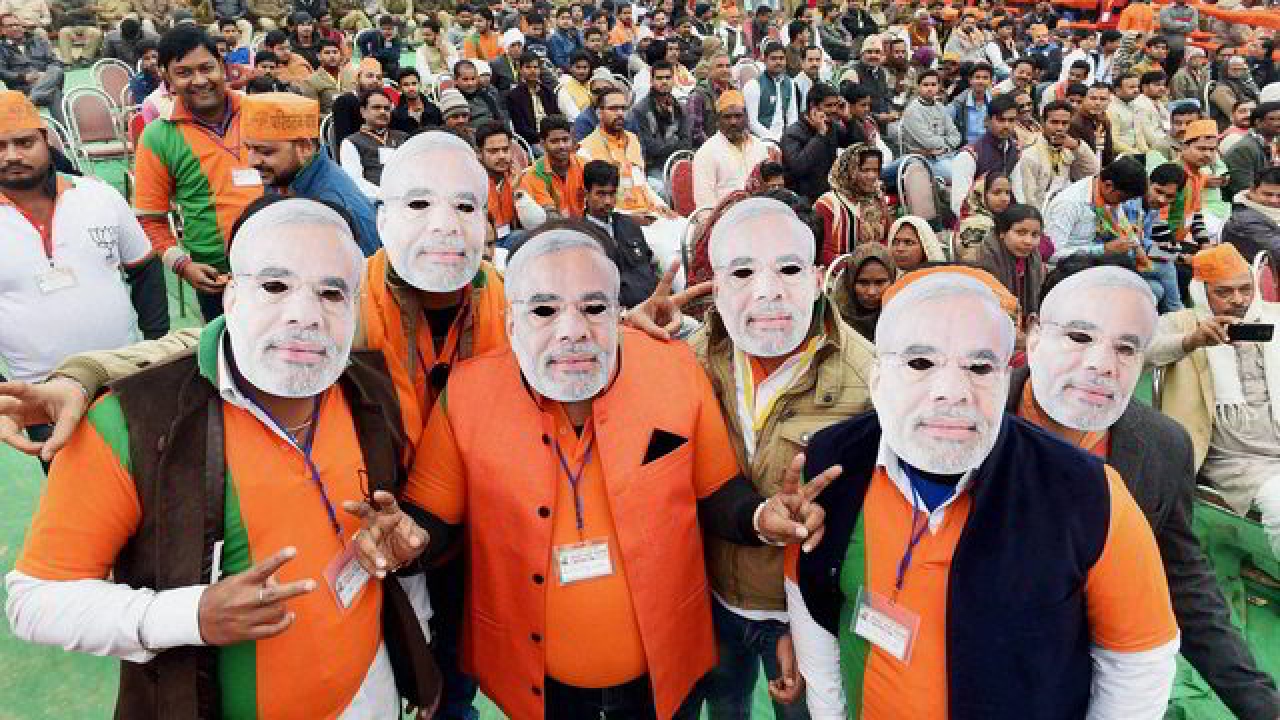
This brings us to another important facet about how we feel both superior on one hand and discriminate others on the other hand. If you don’t like their work or art you will bury to death or you become so subservient that you are interested in the color of socks they wear. This dying fan culture which undermines normal and the ordinary citizenry assumes that we are not equal to them, they are something great. This fantastically strengthens the nexus between the capitalist forces, Neoliberal media, and completely apolitical celebrity species. How often we would want to take a picture with a manual scavenger who cleans our drains? How often we click pictures with government hospital doctors? How often we discuss how children died in Gorakhpur in 2016.
In spite of continuous betrayal by those in power and especially the individuals we still tend to support his/her the larger cause of democratic institutions which at least gives a safeguard against the tyranny. It is this undulating worshiping culture, cult and fan cultures that are making democracy a meaningless shallow empty bag. Cult cultures break social cohesion and hinder the collective vision that we have towards our nation and shift it towards a particular individual who often are demagogues. It breeds isolation and intolerance. The obscenity of uncritical worship of particular leader loathes intolerance which is becoming fundamentalist. Because our faithfulness is not towards the society or its institutions rather towards these particular people who are further sabotaging the institutions. Democracy by virtue helps to empower the ordinary men and women and make them equal participants and on the other hand, the fan culture and cult worship fundamentally create these binaries of inequality and thus naturalizes the inherent unequal relationships. Hence such perception which discriminates rather than empowers, reduces its citizens to mere appendages than equal stakeholders in democracy.
This collective apathy and societal indifference not only misleads us from the ‘main’ issues but normalizes violence, and celebrates fan culture. This differences of work which essentially comes from popularity, media frenzy world questions the very existence of independent mind and thus leading to propaganda and hollow understanding of oneself. It is the work which defines who we are? Not how popular that work is! The anxiety of wanting to be like them, the attitude of treating others inferior and of all denying dignity and equality to their own self is shocking. Thinking that their life is something extraordinary makes us feel that they never can be like us and we are different and that too not in a better way. This happy submission of ourselves is nothing but accepting that we are inherently unequal. This poverty of imagination and thought only will make us more consumers of mass media, films and work of art without developing a critical mind. This will lead to the degeneration of public spaces and threatens the very ethos of free thinking.

